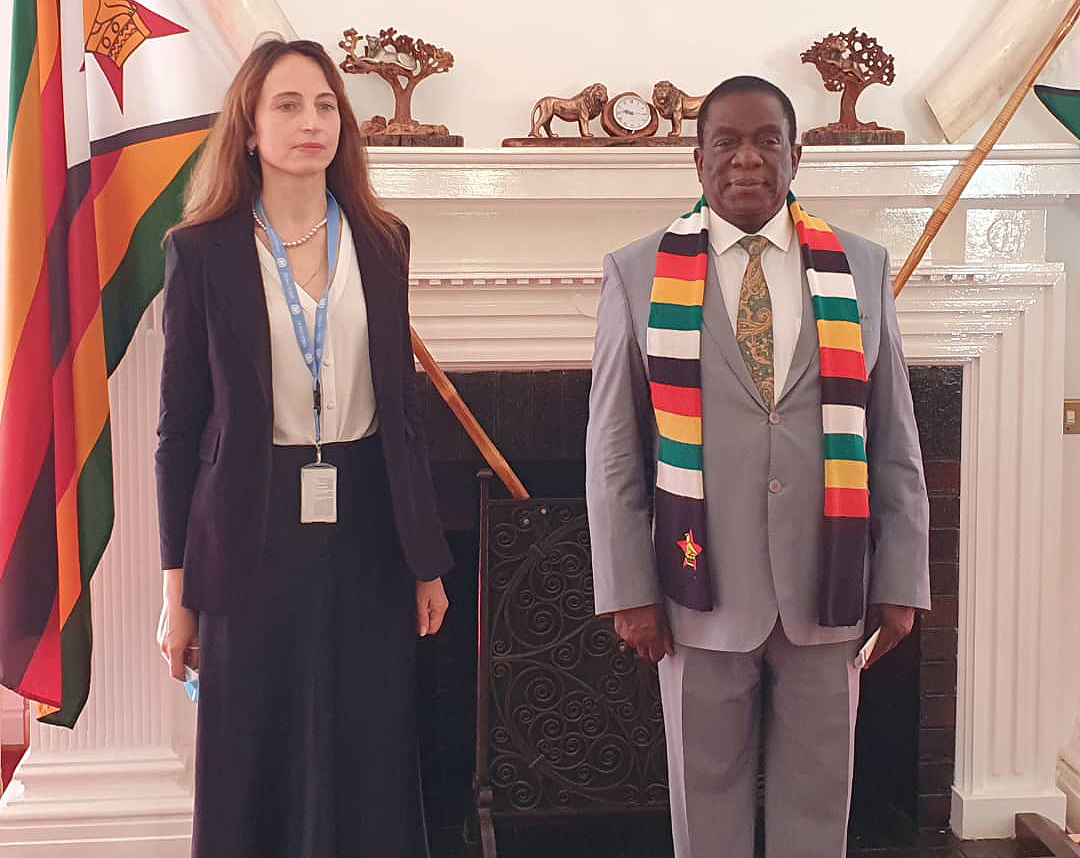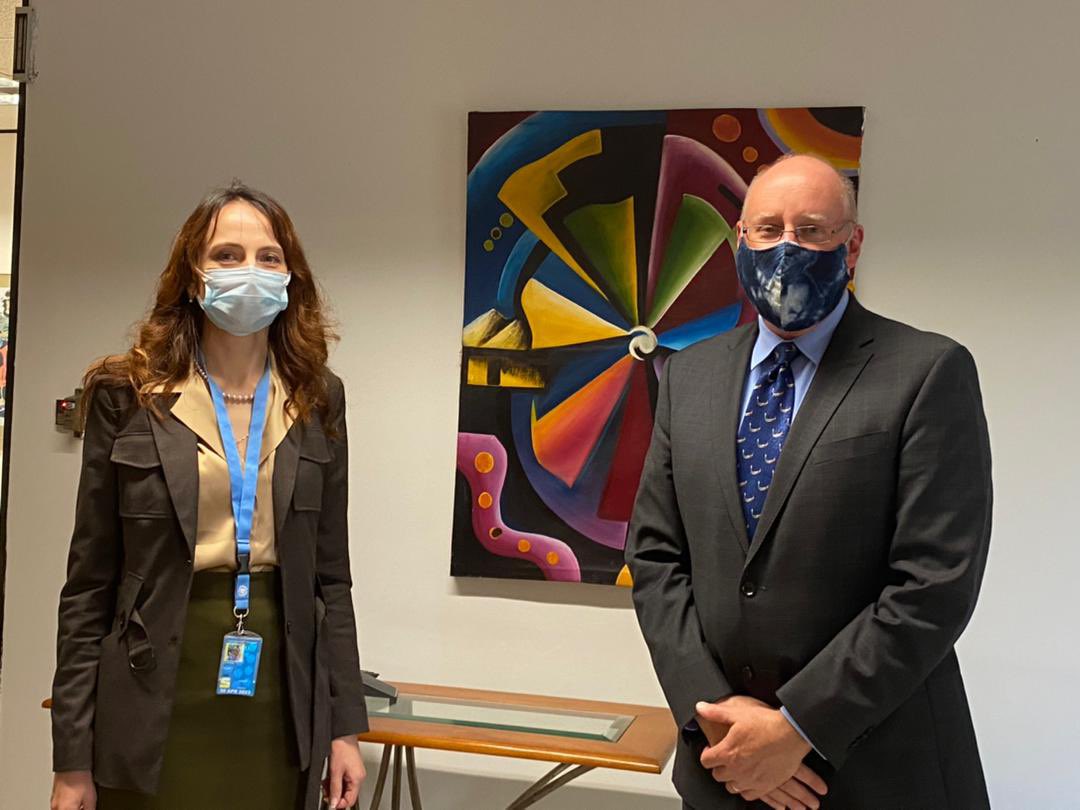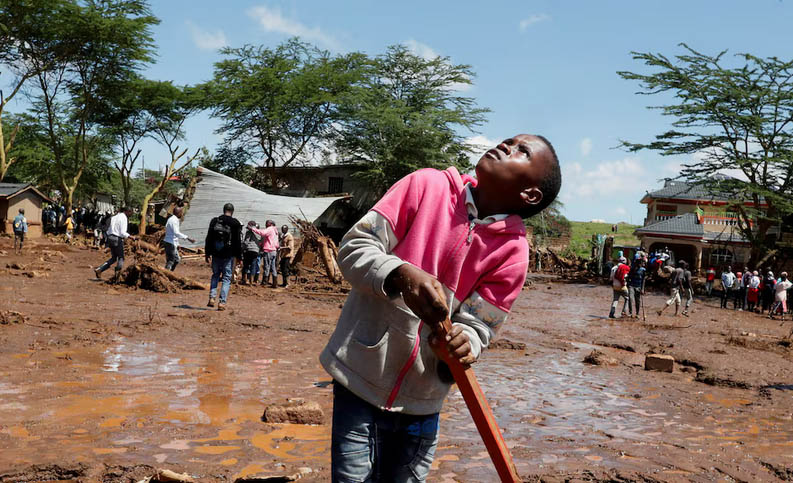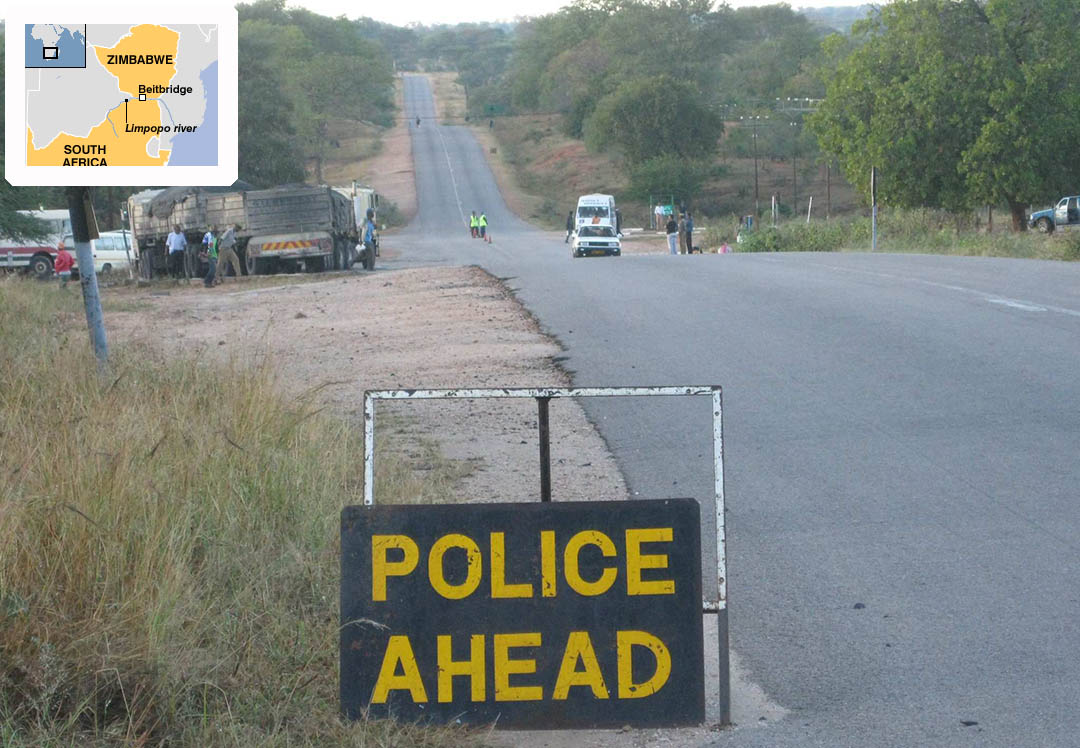BULAWAYO – Zimbabwe’s government must engage in “meaningful, structured dialogue” with the international community and key interest groups in the country to promote political reforms, human rights and the rule of law, an independent United Nations expert said on Wednesday after concluding a two-week visit.
Alena Douhan, the UN Special Rapporteur on the negative impact of the unilateral coercive measures on the enjoyment of human rights, was in Zimbabwe at the invitation of the government which blames the country’s prolonged economic crisis on sanctions.
Douhan did not endorse the Zanu PF government’s claims of punitive trade sanctions, instead noting that they are “sanctions on targeted individuals and entities.”
Even so, Douhan said the measures had achieved an unintended consequence of spooking many international banks and businesses to adopt “zero risk policies” and “over-comply” with sanctions out of fear of potential penalties.
“The United States and other states should lift their sanctions on targeted individuals and entities, and end over compliance,” Douhan said.
While sanctions had “exacerbated pre-existing social and economic challenges with devastating consequences for the people of Zimbabwe,” Douhan said Zimbabwe’s progress would not be secured by “rhetoric on sanctions” – an apparent reference to choreographed demonstrations around the country on October 25, which has been dubbed ‘Anti Sanctions Day’ by Zanu PF.
“Time is ripe for the sanctioning states and key national stakeholders to engage in a meaningful structured dialogue on political reform, human rights and the rule of law and abandon rhetoric on sanctions as an advocacy tool,” Douhan added.

The United States, the European Union and the United Kingdom all deny that sanctions on Zimbabwean elites accused of human rights abuses and corruption, as well as the state arms firm, are the cause of Zimbabwe’s economic regression.
“Blaming sanctions is a convenient scapegoat to distract the public from the real reasons behind Zimbabwe’s economic challenges – corruption, economic mismanagement, and failure to respect human rights and uphold the rule of law,” the United States embassy said on Monday.
The United Kingdom embassy said: “Let’s get this straight: the UK imposed asset freezes and a UK travel ban earlier this year on five individuals for corruption and serious human rights abuses. The UK has no economic sanctions on Zimbabwe.
“The UK and Zimbabwe have a bilateral trade deal which gives Zimbabwe duty and quota-free access to UK markets. Zimbabwe’s economy has serious challenges but it’s not sanctions. Investors say there are steps Zimbabwe could take to improve its business climate and grow FDI – enacting currency reforms, guaranteeing property rights and investors’ ability to obtain legal redress via the courts.”
The United States said targeted sanctions on the more than 100 individuals and the Zimbabwe Defence Industries will only be lifted if “individuals or entities stop engaging in the behaviour that landed them on the sanctions list in the first place.”
SADC chairman and Malawi president Lazarus Chakwera on Monday called for “meaningful and constructive dialogue… with a view to consolidate the rule of law, democracy, governance and human rights” in Zimbabwe.
“It is only through such exchanges that better appreciation of concerns of all parties could be secured and progress towards their resolution be achieved,” Chakwera said as he urged western countries to “support Zimbabwe’s efforts towards implementing her reform agenda.”
















